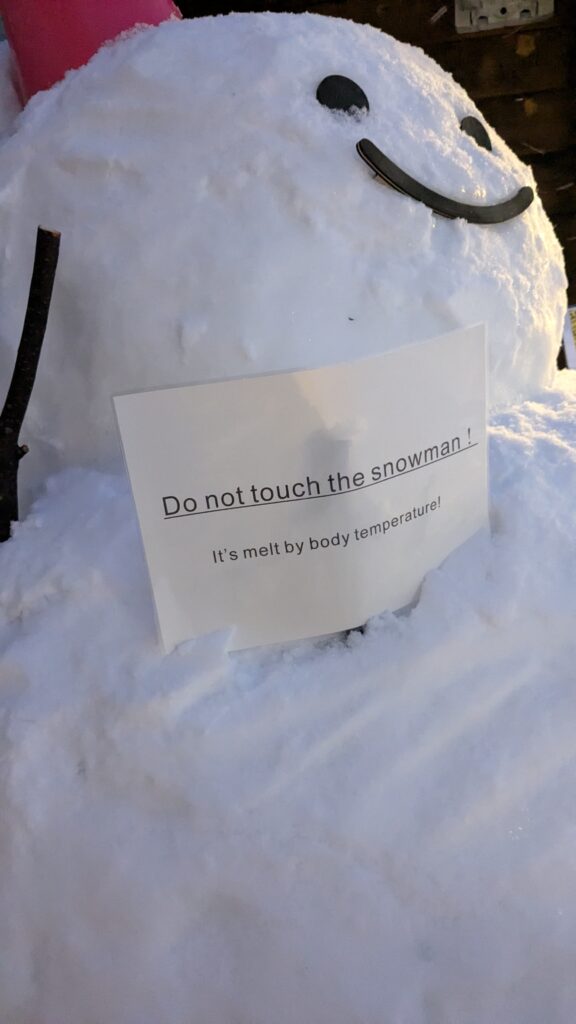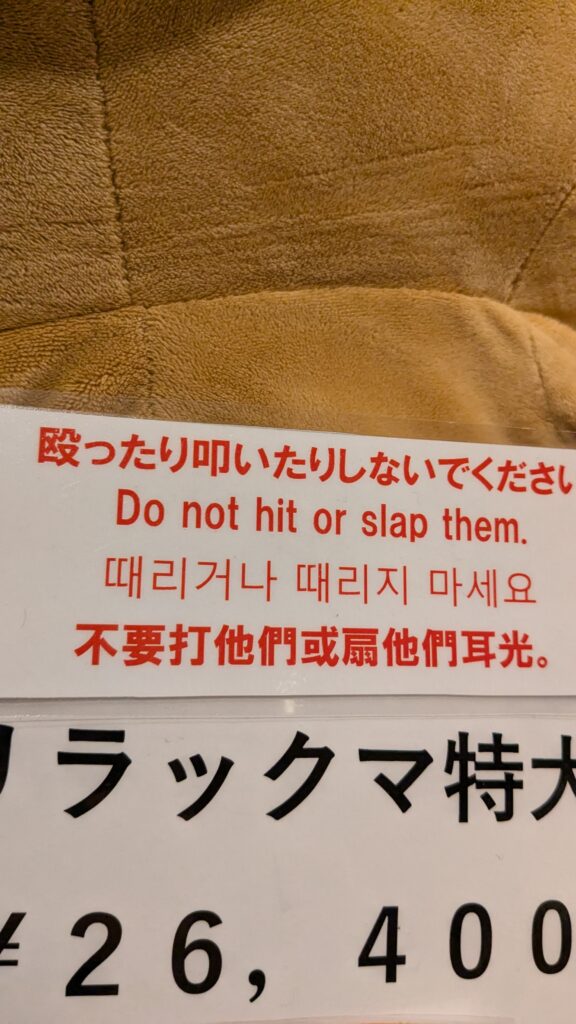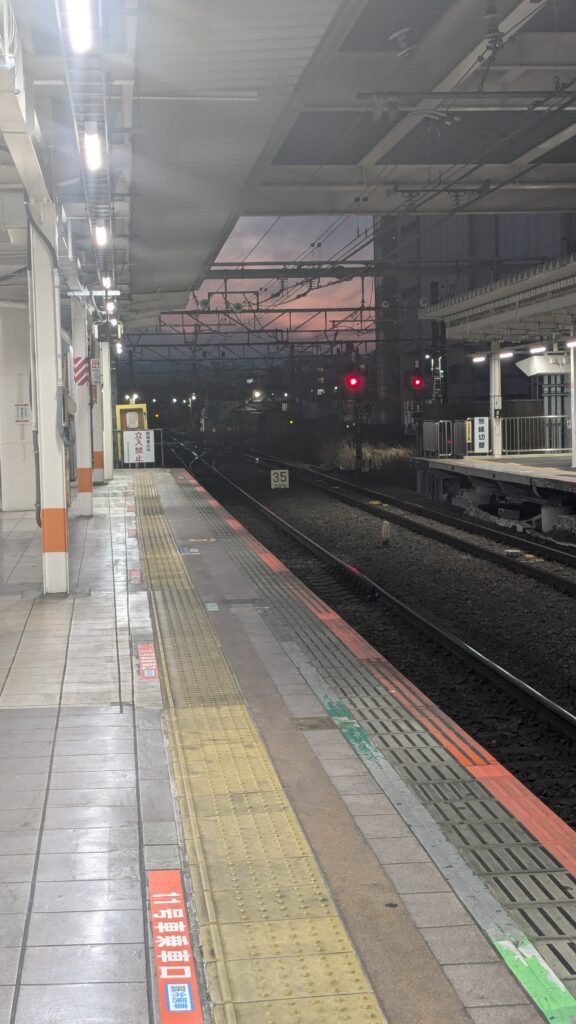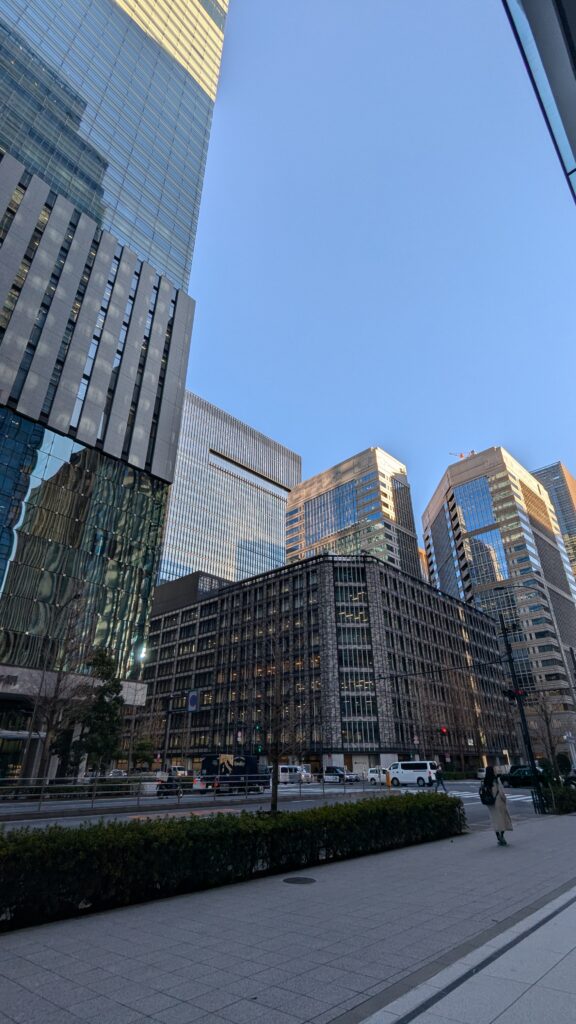皆さんこんにちは!
Lately, some videos have gone viral showing people visiting Japan without taking the time to understand how society functions here. That’s why I want to talk to you about Japanese social rules (and legal ones too) that you should keep in mind—especially if you’re planning to live here or stay for an extended period.

This way, you’ll be able to enjoy Japan without issues—and without bothering the locals!
🤝 Between Etiquette and Japanese Intuition
There are rules in Japan that aren’t written down but are expected: society relies on them to maintain collective harmony—something highly valued in Japanese culture.
📌 Some Social Rules You Should Know:
- Take off your shoes when entering a home or certain establishments (like tea houses or traditional inns).
- Don’t speak loudly on the train or make disruptive noises. This also applies to elevators and other enclosed spaces.
- Respect lines. Even when boarding trains—yes, people line up!
- Don’t eat or drink while walking.
- Don’t leave tips. It can be seen as rude, though international places may vary (best to ask).
- On escalators, stand on the left and walk on the right (in Tokyo; it’s the opposite in Osaka).
- Don’t point with your finger—use your whole hand.
- Respect priority seats on trains.
- Apologize and say thank you with simple phrases: sumimasen, arigatou gozaimasu.
- Don’t stick your chopsticks upright in your rice. Also, it’s appreciated if you say itadakimasu before eating and gochisousama deshita after finishing.
Also: don’t litter. There are few public trash bins, so it’s a good idea to carry a small bag or use convenience store bins.

Fun fact: While eating while walking is discouraged, I have seen Japanese people do it—just very rarely. So, it’s not an unbreakable law, but still a strong social norm.
And blowing your nose? It’s frowned upon in public. But repeatedly sniffling… that’s socially acceptable. I still struggle with that one, haha.
📵 Real Japanese Rules vs What You See Online
The internet sometimes exaggerates. Japan is full of people, and not everything is followed to the letter. But it’s true that you’ll rarely see people breaking these norms, because there’s a strong sense of respect for others’ space.
For example: at stations, there are arrows showing where to walk, but during rush hour, everyone just moves where they can. In those cases, just follow the Japanese crowd and you’ll be fine.
📜 What About Written Laws in Japan?
Now let’s look at the legal rules—the ones that can get you into trouble:

Smoking in the wrong places
You’re not allowed to smoke on the streets outside of designated areas. You could be fined if you do.
Improper waste disposal
If you don’t separate your trash properly, it might not be collected—or you might get a warning.
Bicycle rules
You may get fined if:
- Your bike isn’t registered.
- You use headphones or your phone while riding.
- You ignore traffic signals.
- You ride outside designated bike zones.
- You park in prohibited areas.
Littering or dropping cigarette butts
Aside from being frowned upon, it can cost you a fine.
Using your phone where it’s not allowed
Such as in certain banks, hospitals, museums, or temples.
Drinking alcohol in restricted places
Especially in parks or areas with clear “no drinking” signs.
Taking photos where it’s prohibited
This includes some temples, museums, or concerts.
Important: Don’t take pictures of people (especially children or babies) without permission. Or if you do, avoid showing their faces or cover them—like with an emoji.
🌏 What’s Expected from Foreigners in Terms of Japanese Rules

After reading all these Japanese social rules, the most important thing is to try. Even if you don’t get it perfect, people here will appreciate that you’re making the effort to learn the culture and language.
Learn how to make friends in Japan here!
That said: if you break a rule, it’s likely that no one will say anything. But certain behaviors can lead to stricter regulations for foreigners overall. And that’s how everyone ends up paying the price for a few people.
Also: did you know that strong perfumes can be bothersome in Japan? Just like you’re expected to keep your voice low, your scent should be subtle too—especially in restaurants, where the food’s aroma is prioritized.
🎭 Customs That Surprise (and Others That Exhaust)
Following so many rules might feel like a downer, but it’s also part of what makes Japan so organized. That said, it’s not all perfect.
✅ The good:
- Punctuality
- Cleanliness
- Safety
- Respect
❌ The tiring:
- Rigidity
- Excessive formality
- Lack of spontaneity
- Indirect communication
If you come as a tourist, many things will feel charming. But if you come to live here, you’ll start to notice other cultural layers… and some of them don’t come with instructions. Living here also means learning to read between the lines.
🎒 Tips to Avoid Missteps on Your First Trip (or Move)
- Observe first, act later.
- Ask for permission with your eyes or a slight bow.
- Don’t force conversations: silence isn’t always awkward.
- Learn to say sumimasen and arigatou gozaimasu (they’ll save you a thousand times).
💭 Do You Idealize Japan? This Blog Isn’t Here to Convince You—It’s Here to Prepare You

This article isn’t meant to convince you that Japan is perfect, but to help you come more prepared.
I came with no expectations or idealizations. I watched many videos about both the good and the bad, and still, this country surprised me in a good way: I met amazing people, found good jobs… and yes, I also had hard days (like when I rented my first apartment).
Guide to Renting in Japan as a Foreigner
The key is to arrive with an open mind, curiosity, and respect. If you make a mistake, it’s part of the process. Just don’t do things you wouldn’t even do in your own country (and no, Torii gates are not pull-up bars).
よろしく、
花ちゃん。

Leave a Reply